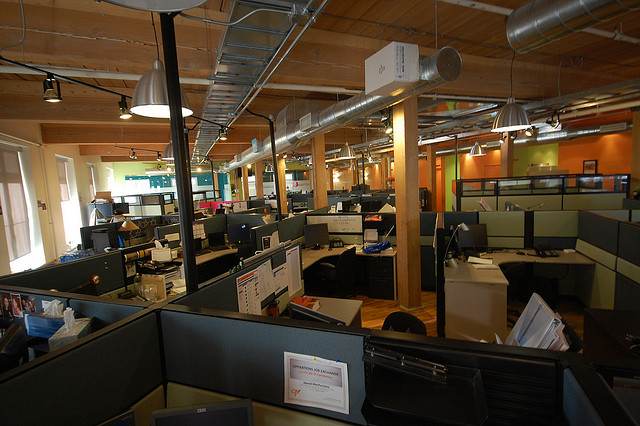Working longer doesn’t mean you’re more productive
By Al Gini

Working longer doesn’t mean you’re more productive
By Al Gini
According to a recent book by Robert C. Pozen, Extreme Productivity: Boost Your Results, Reduce Your Hours, and a 2010 study coming out of the University of California at Davis, corporate managers primarily tend to measure productivity by “face time” in the office. Employees who are seen in the office after hours on regular business days are thought of as “dependable” and “reliable.” Employees who come in on the weekends are considered “committed,” “dedicated,” “loyal” and on the “fast track” to promotions and success.
Even though we are now a knowledge-based and service industry society, most firms – and most bosses – still think in terms of assembly line work. That is, the more time you are physically on the job, the more real work gets done. Employers still think, “If I’m going to pay you, you have to be here and you have to be constantly working.” The reality is, of course, that knowledge workers don’t do standardized assembly line work, and we, as a society, need new models to measure productivity, pay and promotion.
Both Robert Pozen and the UC Davis researchers argue that we need to change the paradigm and begin to pay and promote people on the basis of results rather than hours. They argue that focusing on results will help individual workers accomplish more work in less time and have more time for the rest of their lives.
What a good idea: “results” not “face time,” “performance” and “raw hours”! Such a policy would change the work life balance for hundreds of professionals like law, academia, architecture, TV and film makers and writers. But what about surgeons, emergency workers, brick layers, cooks, chefs, waiters and waitresses, bus and train drivers, carpenters and concrete workers, ambulance drivers, airline pilots and the like? Their jobs cannot always be truncated to 9 to 5. Their jobs are elastic, fluid, and always in flux. Their hours, their face time can, more often than not, exceed the standard work cycle. And these are jobs we want, need and cannot do without.
So yes, it’s true “long hours” on the job do not guarantee “results.” Yes, it’s true that “face time” and “productivity” are not synonymous. Yes, a new contractual arrangement should by struck. Yes as society we all need to work less. But the simple reality is, work is an unavoidable necessity, and a lot of the work that we do does in fact require “face time.” I think these authors have correctly diagnosed a long standing and serious problem. However, that are nowhere near a realistic resolution.
Al Gini is a Professor of Business Ethics and Chairman of the Management Department in the Quinlan School of Business at Loyola University Chicago.
